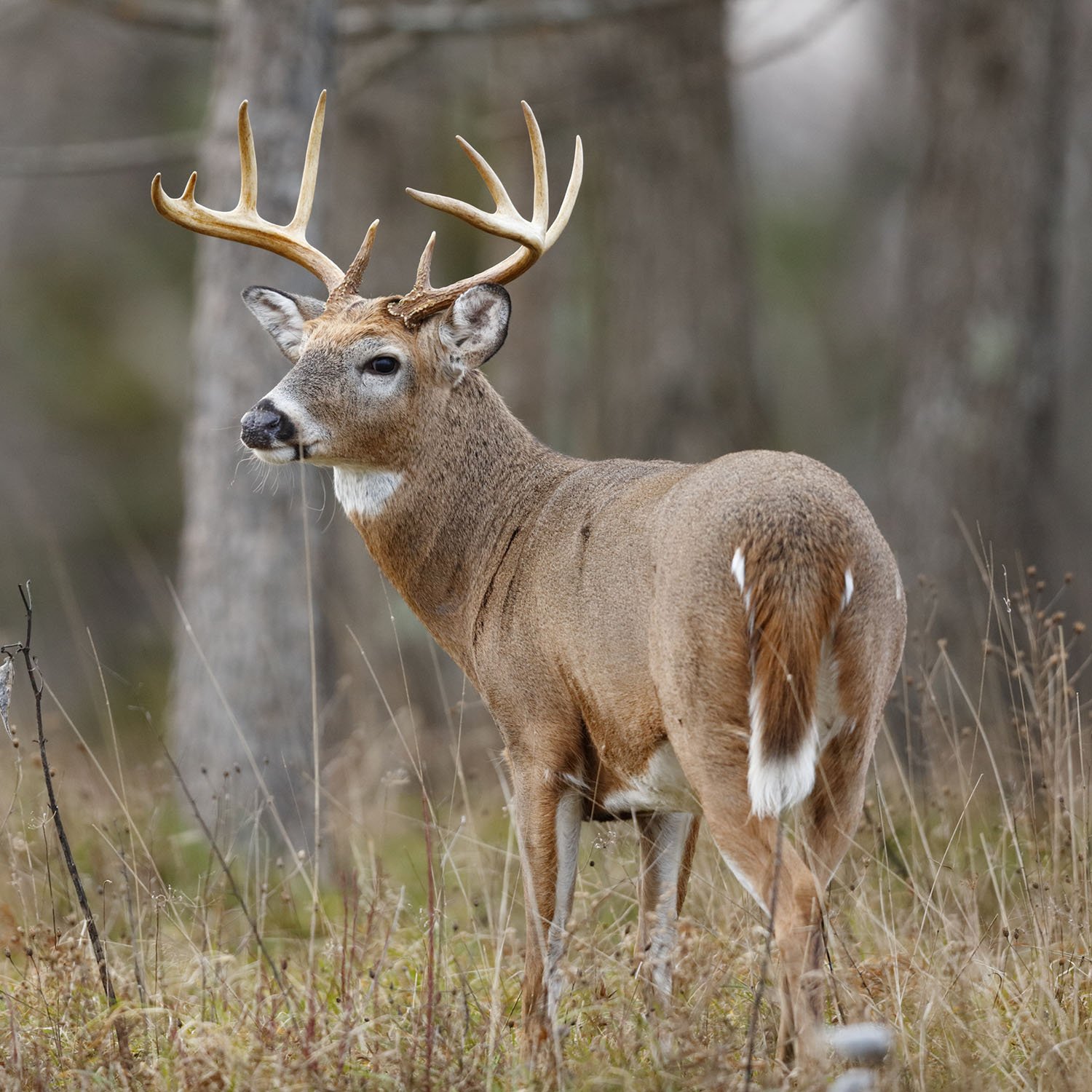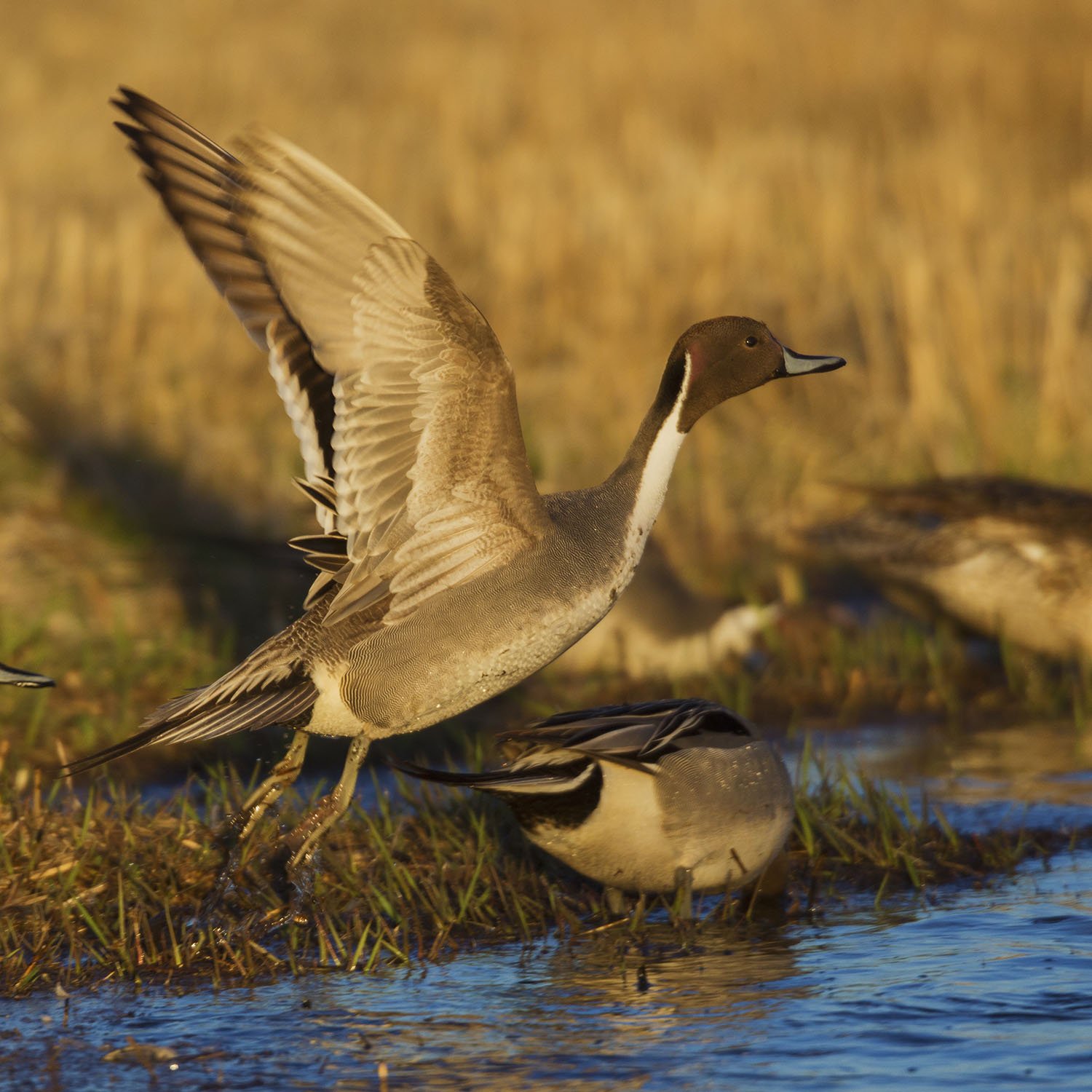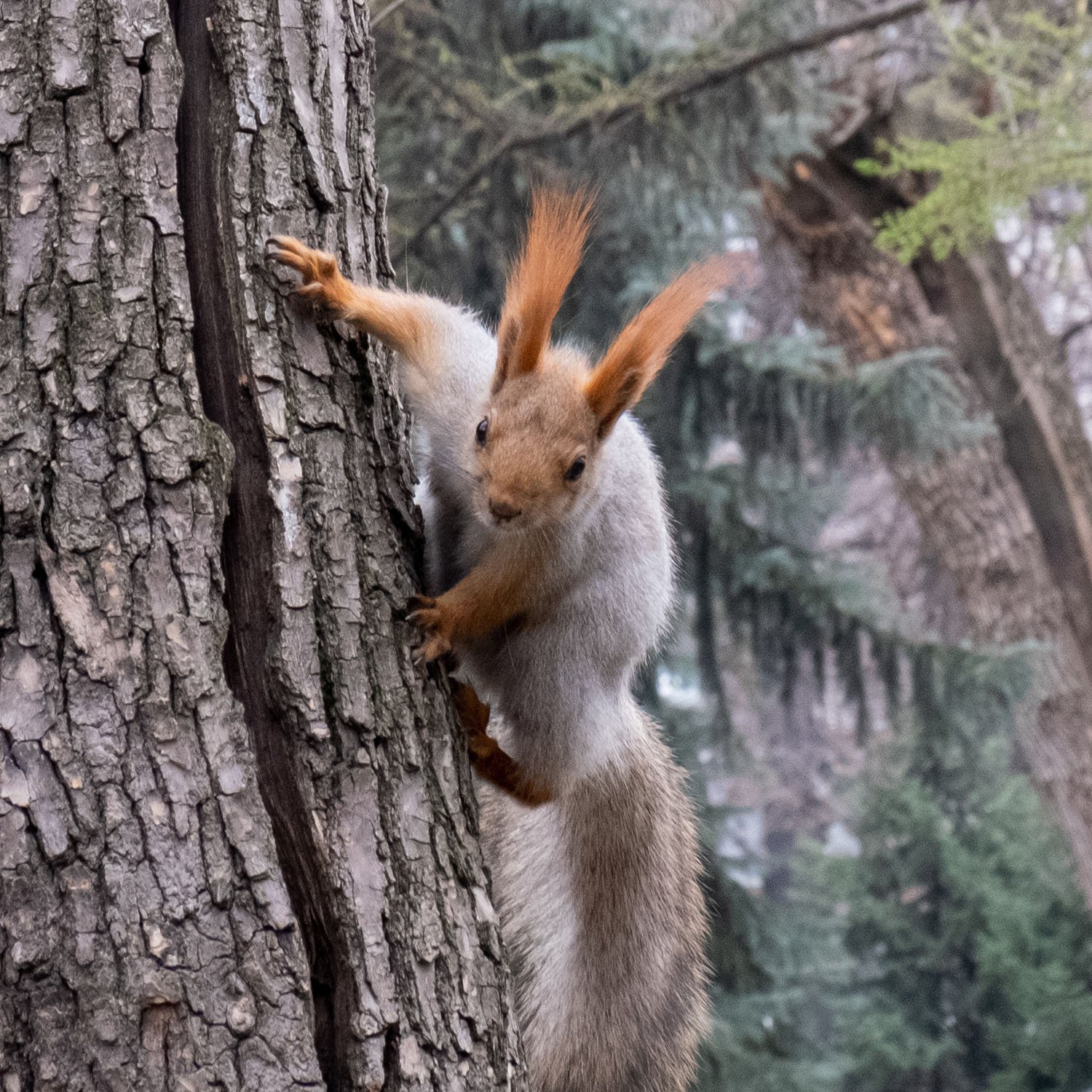Rhode Island Hunting Guide
Although Rhode Island is the smallest state in the nation, it does offer significant and diverse hunting opportunities. The wetland areas in particular support a wide variety of popular game species. License fees in Rhode Island are relatively low, and hunting tags are easy to obtain.
What to Hunt
Across the varying landscapes of Rhode Island, the state supports several popular game species for hunters to enjoy.

Deer
Rhode Island is small and densely populated, but the huntable deer population is relatively strong. There is a statewide limit of two antlered deer, with antlerless depending on the zone. It is not permitted for hunters to use scents or lures containing natural urine or other bodily fluids, electronic calls, or bait. Hunters may not drive deer with more than five people, install tree stands permanently on state lands, or hunt deer while they are in tidal or state waters.

Waterfowl
Duck and goose populations are limited, but hunt pressure is low. Hunters can find Canada goose, snow goose (including blue goose), brant, sea ducks, ducks, scaup, coots, mergansers, swans, and harlequin ducks in Rhode Island. Waterfowl hunters must have a Rhode Island State Waterfowl Stamp as well as a Federal Duck Stamp. Note that it is not permitted to fire a gun within 500 feet of an occupied dwelling. Hunters pursuing dove, duck, and goose in Field 1 must use non-toxic shot.

Small Game
Hunters may pursue coyote, raccoon, pheasant, cottontail rabbit, gray and red squirrel, bobwhite quail, red and gray fox, and ruffed grouse. Hunters pursuing ring-neck pheasant and bobwhite quail must obtain a Gamebird Permit. It is permitted to hunt squirrels, woodchucks, and cottontail rabbits with airguns as long as they are between .177 and .22 caliber. Hunters must have a hunting license to take snapping turtles. Green frogs and bullfrogs may be taken with an RI hunting or fishing license.
Other Rhode Island game species include: Crow, Rail, Snipe, Mourning Dove, Woodcock, Goose, Ducks, Mergansers & Coots, Brant, Turkey, Coyote, Raccoon, Pheasant, Cottontail Rabbit, Squirrel, Bobwhite Quail, Fox, Ruffed Grouse , etc. found in the "Hunting Seasons" section at bottom of the page.
Where to Hunt
Rhode Island is very small and population density is relatively high throughout the state. However, the state maintains large amounts of hunting land in the southern, coastal region. This is where most of Rhode Island’s waterfowl opportunities can be found. Further hunting opportunities can be found in the middle and northeast portions of the state.
Wildlife Management Areas
Most of South Carolina’s huntable land is found in Wildlife Management Areas (WMAs). These areas are found throughout the state and are maintained by the state government. South Carolina WMAs present a wide variety of hunting and outdoor recreation activities.
Public Access Lands
Because much of South Carolina’s land is privately owned, the state has made efforts to allow public hunting access on private lands. There are over 180,000 areas that allow hunting and fishing through this program.
State Forests
The State Forest Service maintains the Sand Hills, Manchester, Harbison, Poe Creek, and Wee Tee forests. All hunting on these areas is regulated under the Department of Natural Resources Wildlife Management Area Program. Be sure to check with the appropriate office before hunting in any South Carolina State Forests.
Licensing Fees
It is illegal to hunt, pursue, or take any animal in Rhode Island without a hunting license. License fees may increase if not purchased online. Deer permits are subject to zonal and seasonal restrictions.
| License | Resident | Nonresident |
|---|---|---|
| Resident Hunting License | $21.00 | $55.00 |
| Junior Hunting License | $14.00 | $40.00 |
| Trapping License | $15.00 | $50.00 |
| Deer Permit | $13.00 | $26.50 |
| Game Bird Permit | $17.00 | $18.00 |
| Turkey Permit | $8.00 | $21.50 |
Hunter Education
A hunter education certificate is required to obtain a hunting license in Rhode Island. There is no minimum age to enter a Rhode Island hunter’s education course. Classes can be taken in-person or online. Online classes require an in-person testing component.
Youth Hunting
Any person 12-14 years of age who possesses a hunter safety education certificate is considered a junior hunter in Rhode Island. Junior hunters must be accompanied by a licensed adult while hunting. Rhode Island designates several youth hunts throughout the year. .
Trapping
No person in Rhode Island may set or maintain traps without a trapping license. The following species are acceptable animals for taking by way of trap: mink, muskrat, skunk, raccoon, opossum, weasel, red fox, gray fox, rabbit, coyote, beaver, fisher.
There is no closed season for coyotes on private land, and no bag limit for coyotes on private or state land. Trappers must report their harvest within thirty days of the end of the trapping season. Traps must show the hunter’s current trapping license number, at minimum. Traps must be checked at least once every 24 hours. There is no open season in Rhode Island for bobcat or river otter.
Hunting Seasons
| Game | Season Begins | Season Ends |
|---|---|---|
| Alligator | Sep 10 2022 | Oct 8 2022 |
| Bear* | Oct 17 2022 | Oct 30 2022 |
| Coyote | no closed season | no closed season |
| Deer* | Aug 15 2022 | Jan 1 2023 |
| Crow | Nov 1 2022 | Mar 1 2023 |
| Quail | Nov 21 2022 | Mar 1 2023 |
| Raccoon and Opossum | Sep 15 2022 | Mar 15 2023 |
| Grouse | Nov 24 2022 | Mar 1 2023 |
| Mourning Dove | Sep 3 2022 | Jan 31 2022 |
| Marsh Hens/Rails | Sep 9 2022 | Dec 9 2022 |
| Early Teal | Sep 9 2022 | Sep 24 2022 |
| Woodcock | Dec 18 2022 | Jan 31 2023 |
| Common Snipe | Nov 14 2022 | Feb 28 2023 |
| Moorhens & Purple Gallinules | Sep 9 2022 | Dec 9 2022 |
| Early Canada Geese | Sep 1 2022 | Sep 30 2022 |
| Ducks | Nov 19 2022 | Jan 31 2023 |
| Mergansers | Nov 19 2022 | Jan 31 2023 |
| Coots | Nov 19 2022 | Jan 31 2023 |
| Canada Geese/White Fronted Geese | Nov 19 2022 | Mar 1 2023 |
| Blue and Snow Geese | Nov 19 2022 | Mar 1 2023 |
| Brant | Dec 13 2023 | Jan 31 2023 |
| Rabbit* | Nov 24 2022 | Mar 1 2023 |
| Squirrel-gray & Fox* | Sep 30 2022 | Mar 1 2023 |
| Fox* | Nov 24 2022 | Mar 1 2023 |
| Turkey* | Apr 1 2023 | Apr 29 2023 |
*Hunting dates for this species may vary by zone, method of take, or subspecies of animal. Visit the state’s website here to find out more.
Disclaimer: The information provided here is not to be construed as legal advice or acted upon as if it is legal advice: it is provided for informational purposes only. While we strive to provide accurate, up-to-date content, we cannot guarantee the accuracy, completeness, or currency of the information.